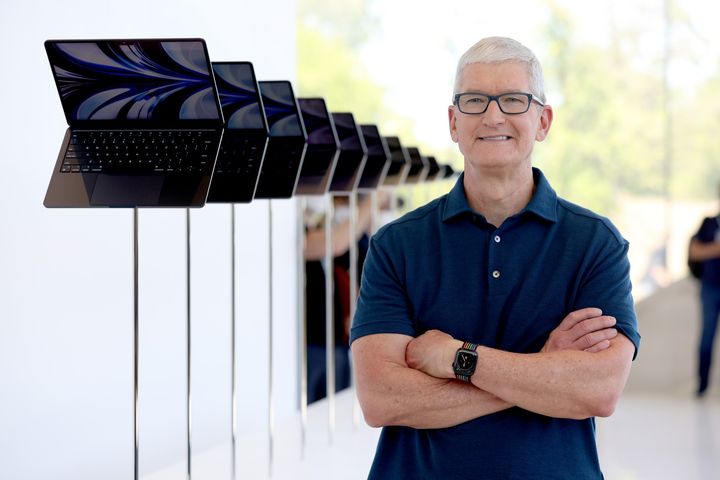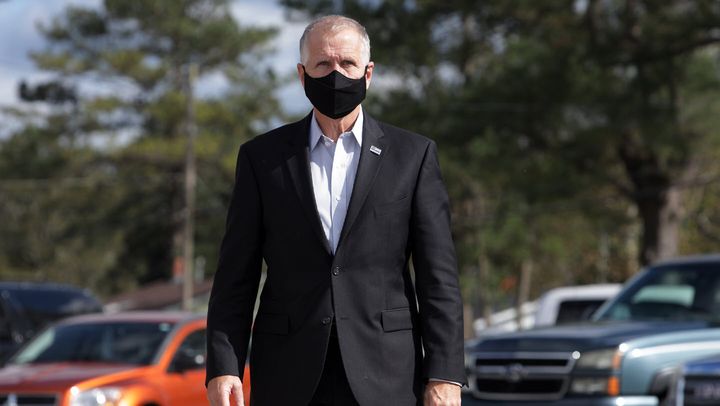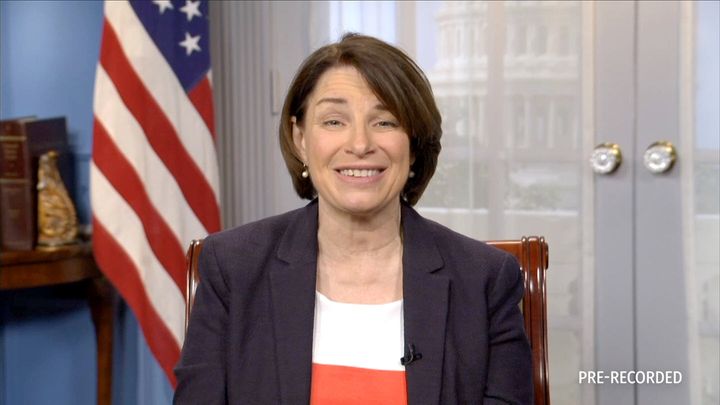Apple spent a record amount on lobbying Congress and the federal government in 2022 as it sought to kill a pair of tech-focused antitrust bills that would have prohibited it from giving preference to its own apps on its App Store or requiring app developers to use its payment system, among other things.
According to disclosures filed with the Senate, Apple spent more than $9.3 million on federal lobbying in 2022, surpassing its previous high of $7.4 million spent in 2019. The company topped off its record year by spending more money on federal lobbying in the fourth quarter—nearly $2.9 million—than it had ever spent in previous quarters.
The antitrust bills, which would also have affected other large tech companies including Amazon and Alphabet, officially died earlier this month when the last congressional session came to a close. They had both been approved in the Senate Judiciary Committee by bipartisan majorities, but Senate Majority Leader Chuck Schumer (D-N.Y.) declined to call them up for votes on the Senate floor despite committing earlier in the year to do so. And in the House, one of the bills was advanced by the Judiciary Committee in June 2021, but former Speaker Nancy Pelosi did not call it up for a vote, saying she wanted the Senate to pass it first.
Although bills can be reintroduced in subsequent sessions of Congress, killing the bills last year was seen by Apple and the tech industry as crucial because it would likely be the last time for years that Democrats would control both chambers of Congress and the White House. Analysts had been predicting that Republicans would gain control of at least one chamber of Congress, and the antitrust bills have far less support among Republicans, despite that party’s rhetoric against the unchecked power of Big Tech.
The bills to curb the market power of the largest tech platforms were the American Innovation and Choice Online Act (AICOA), sponsored by Sen. Amy Klobuchar (D-Minn.) with Sen. Chuck Grassley (R-Iowa) as a co-sponsor, and the Open App Markets Act, sponsored by Sen. Richard Blumenthal (D-Conn.) with Sen. Marsha Blackburn (R-Tenn.) as a co-sponsor.
The AICOA would have applied to tech companies with valuations of more than $550 billion, which would have included Alphabet, Amazon, Apple, and Meta, and prevented them from engaging in anticompetitive practices such as preferencing their own products and services. The Open App Markets Act would have targeted app stores with more than 50 million U.S. users—that is, those of Apple and Google—and barred them from requiring developers to use the platform’s payment system for in-app purchases, among other prohibitions.
Over the summer, Sen. Grassley confirmed that the AICOA had enough support to advance past a possible filibuster in the Senate if it was given a floor vote. In comments to Punchbowl, Grassley said that he had assured Schumer that enough Republicans supported the bill for it to get over the 60-vote filibuster hurdle.
In its first three quarterly lobbying disclosures of 2022, Apple reported lobbying on the Senate versions of the AICOA and the Open App Markets Act more than any other bills in Congress, according to OpenSecrets. In the fourth quarter, the bills were frequently mentioned in lobbying reports from Google and Apple, as well as those filed by Amazon and Meta.
Apple CEO Tim Cook made multiple lobbying trips to Congress last year, according to reports. Cook met with lawmakers in late November as pressure was mounting on Schumer to bring the antitrust bills to a vote, and in June he visited senators including Democrat Jon Tester (Mont.) and Republican John Thune (S.D.). Earlier in the year, Cook appeared in D.C. at the International Association of Privacy Professionals conference, where he spoke against the Open App Markets Act allowing users to download other app stores, saying, “taking away a more secure option will leave users with less choice, not more.” In January of last year, Apple’s chief lobbyist Tim Powderly sent lawmakers on the Senate Judiciary Committee a letter that said “millions of Americans will likely suffer malware attacks on their phones” if the Open App Markets Act became law.



